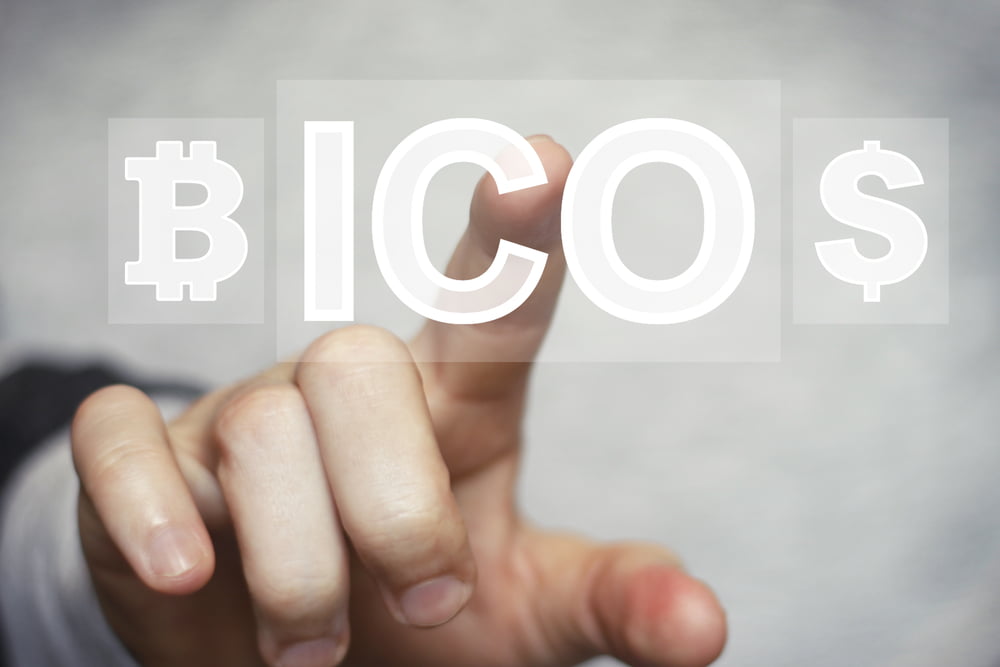No one can deny initial coin offerings have become increasingly popular as of late. While a lot of companies have successfully raised money this way, regulators all over the world are looking into the matter as well. This has forced some companies to label their ICOs in a creative manner. However, any professional company will call a spade a spade and not a tool used to dig dirt out of the ground.
A Polished ICO is still an ICO in the end
No matter how creative some ICO projects get with their wording, no one can deny what an initial coin offering is exactly. It is not just the money-raising aspect that matters here. Anyone can do a perfectly legitimate crowdfunding campaign using cryptocurrencies without being considered an initial coin offering. It is the way that investors are rewarded which makes a project either a crowdsale, a crowdfunding campaign, or an initial coin offering. The differences may be subtle, but they can’t be dismissed whatsoever.
What makes an initial coin offering an ICO is the way teams or projects create a new digital token out of thin air and attribute some value to it. Investors are rewarded these digital tokens in exchange for their monetary contributions. This concept has been around even before Ethereum was created. A few years ago, we saw various companies raise Bitcoin and reward users with new colored coins that were proprietary to the platform or service being created. ICOs are a lot “older” than most people assume, and it doesn’t matter which blockchain is used to create the tokens either.
One recent Facebook conversation shared on Reddit shows how creative some teams are getting. In this particular case, it seems the team – Paragon, by the look of things – is trying to tell people that they are not an ICO whatsoever. Rather, they conducted a pre-sale and a crowdsale later on. This juggling of words means very little when the method utilized is still that of an ICO. Just because they may not officially use that wording doesn’t mean regulators or the general cryptocurrency community won’t label these activities as initial coin offerings.
After all, the definition of an ICO revolves around creating native tokens and offering a prospective return on investment. An ICO and a crowdsale are virtually the same thing, although not every crowdsale will be an ICO. Without making things too confusing, issuing a new token and selling it in exchange for investors’ money will always be considered an ICO. That doesn’t mean the token in question is a security, but that is a different debate altogether.
In a way, it is not entirely surprising most ICO projects don’t wish to be associated with the initial coin offering world. With regulators taking a very close look at every company in this space and the money they raise, projects are trying to distance themselves from this industry. Using different words will not achieve this goal whatsoever. To avoid the ICO label altogether, projects would have to raise money from traditional VCs or bankroll their own operations. For some reason, they are far less inclined to explore either of those options right now.
Purposefully trying to mislead investors by claiming one’s investment model is not an ICO will not sit well with the general public. In fact, it is a potential sign of a scam. While it is understandable that some teams are trying to find creative solutions to ditch the ICO label, the way they’re going about things needs a lot of work. Regulators will eventually crack down on projects like these, as they rightfully should. Those claiming to run a model different from an ICO while still using the same technique deserve special scrutiny and punishment.

